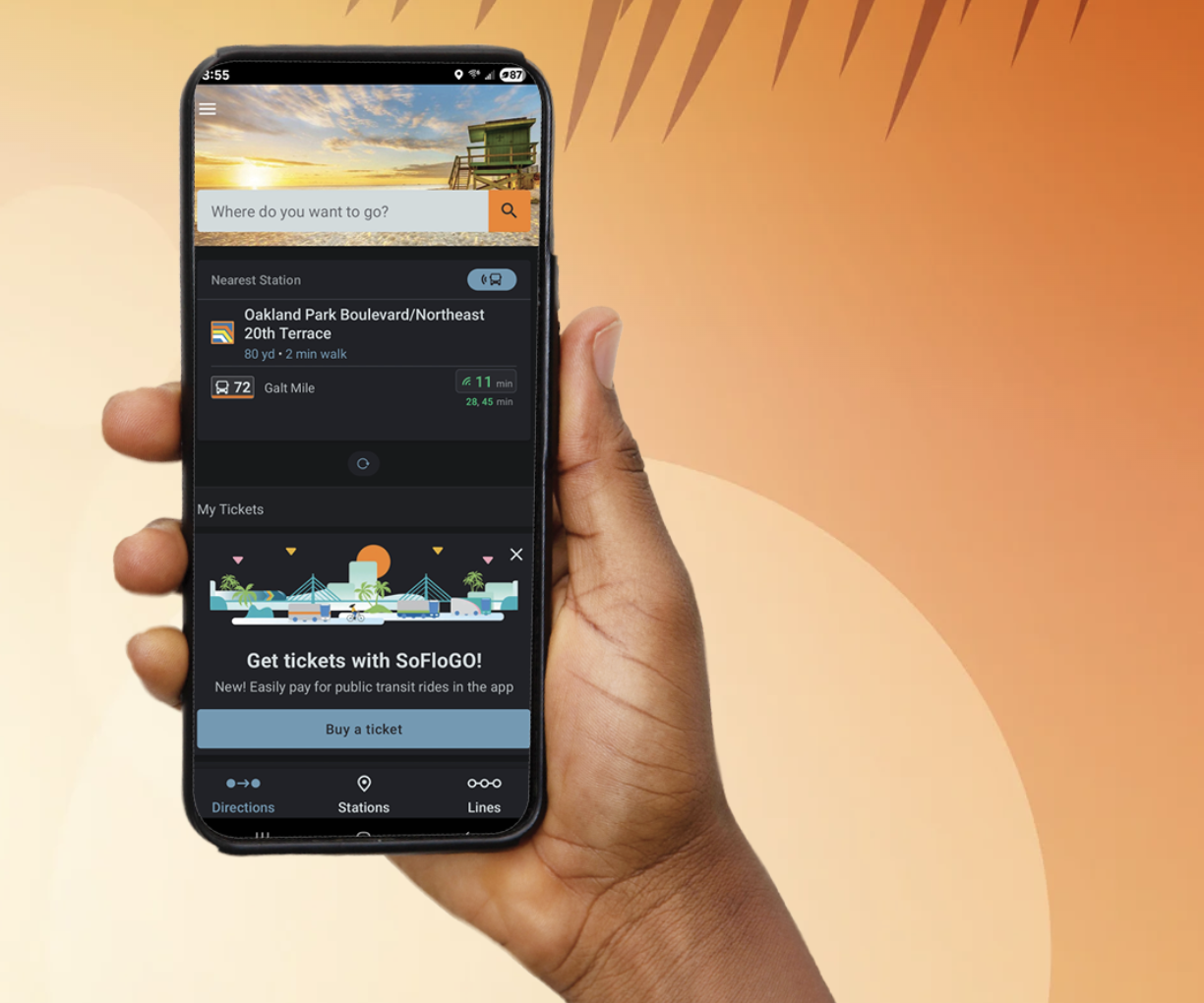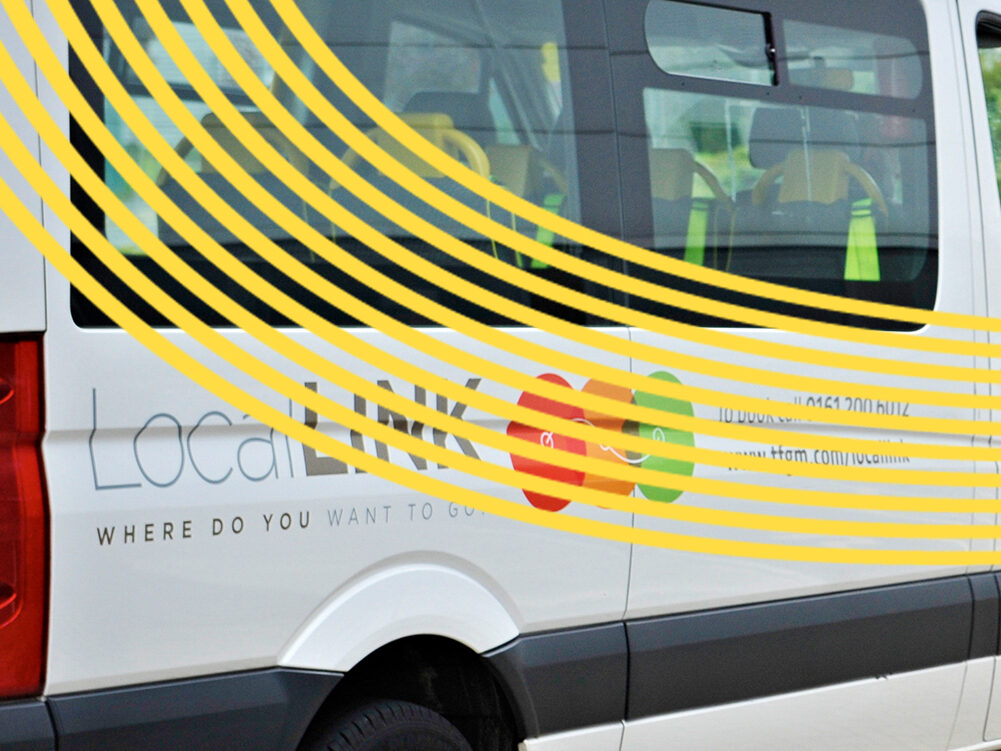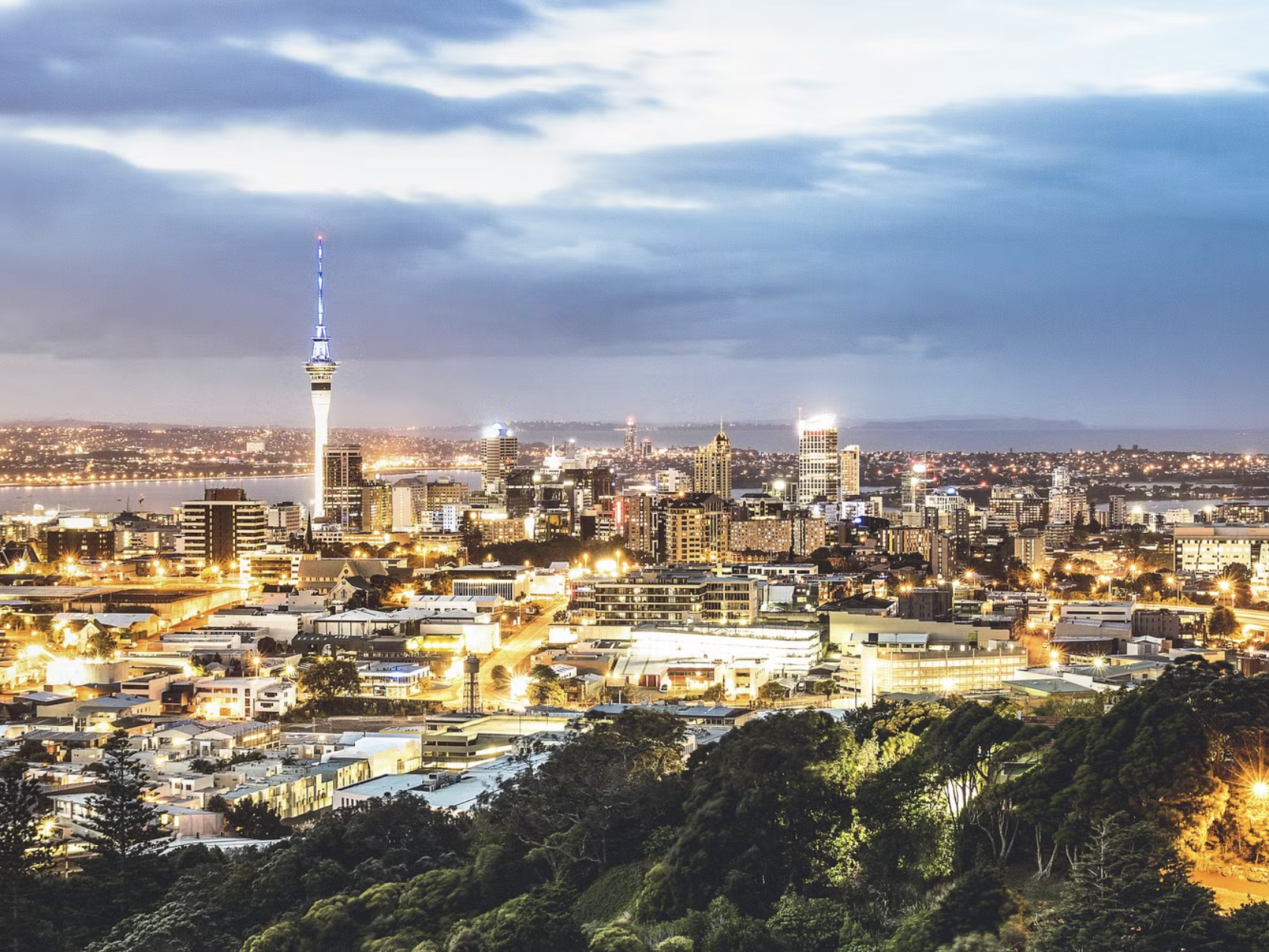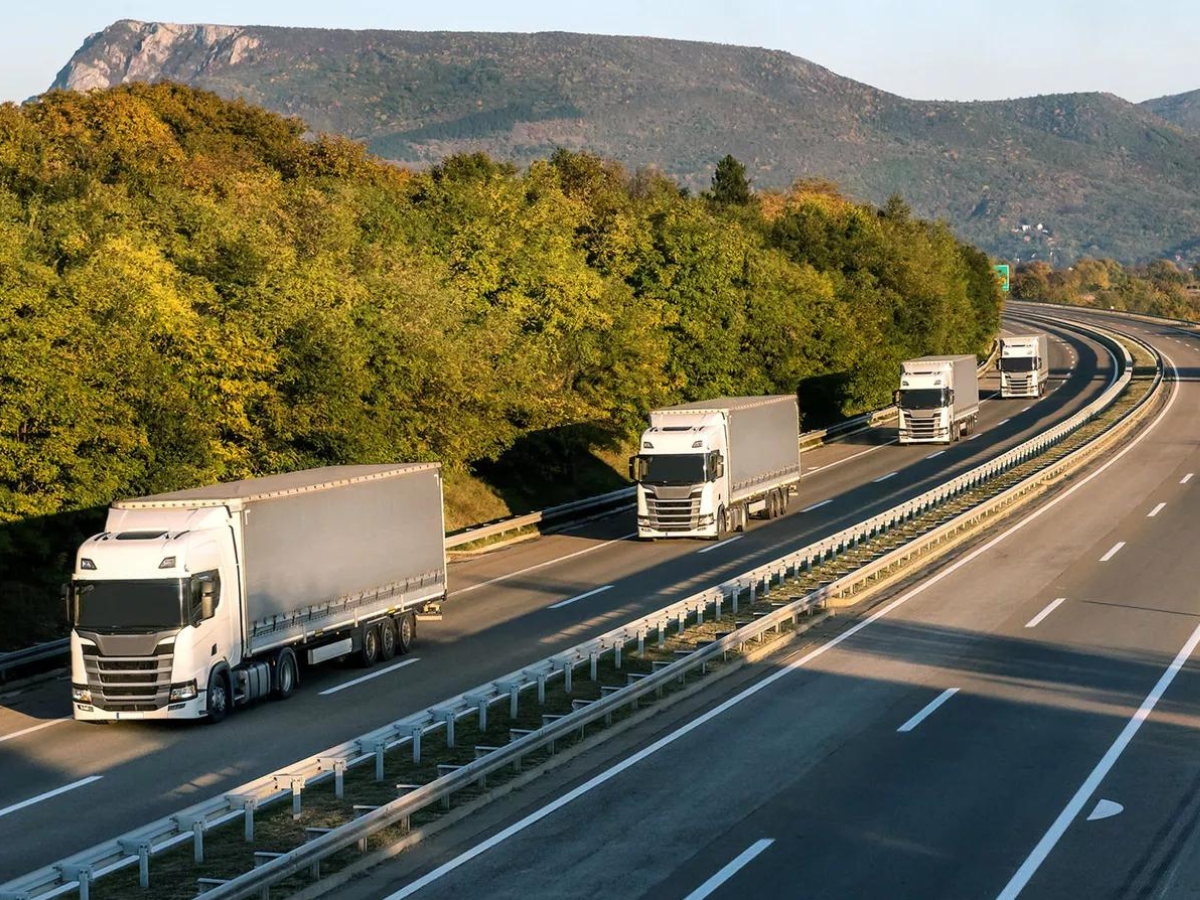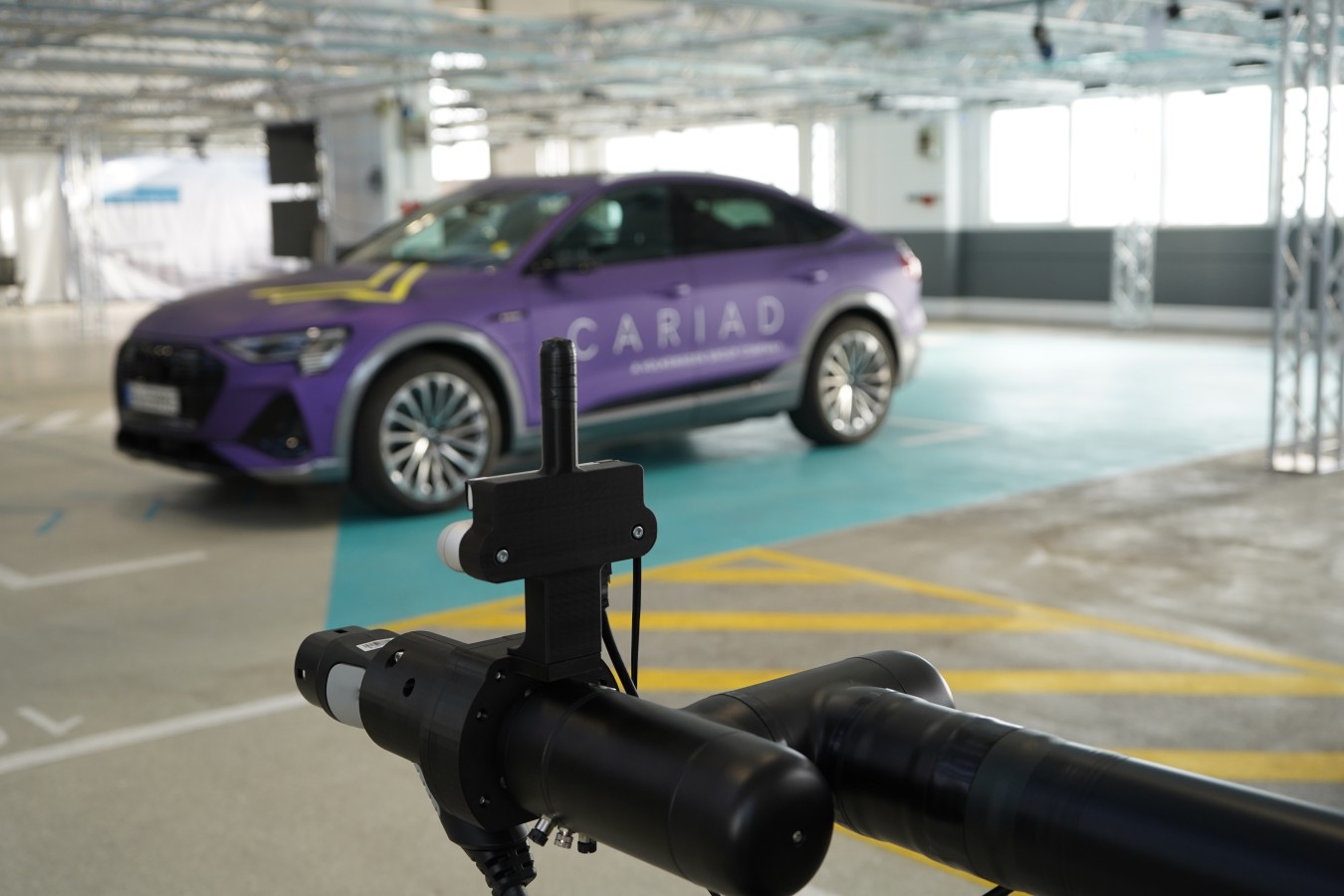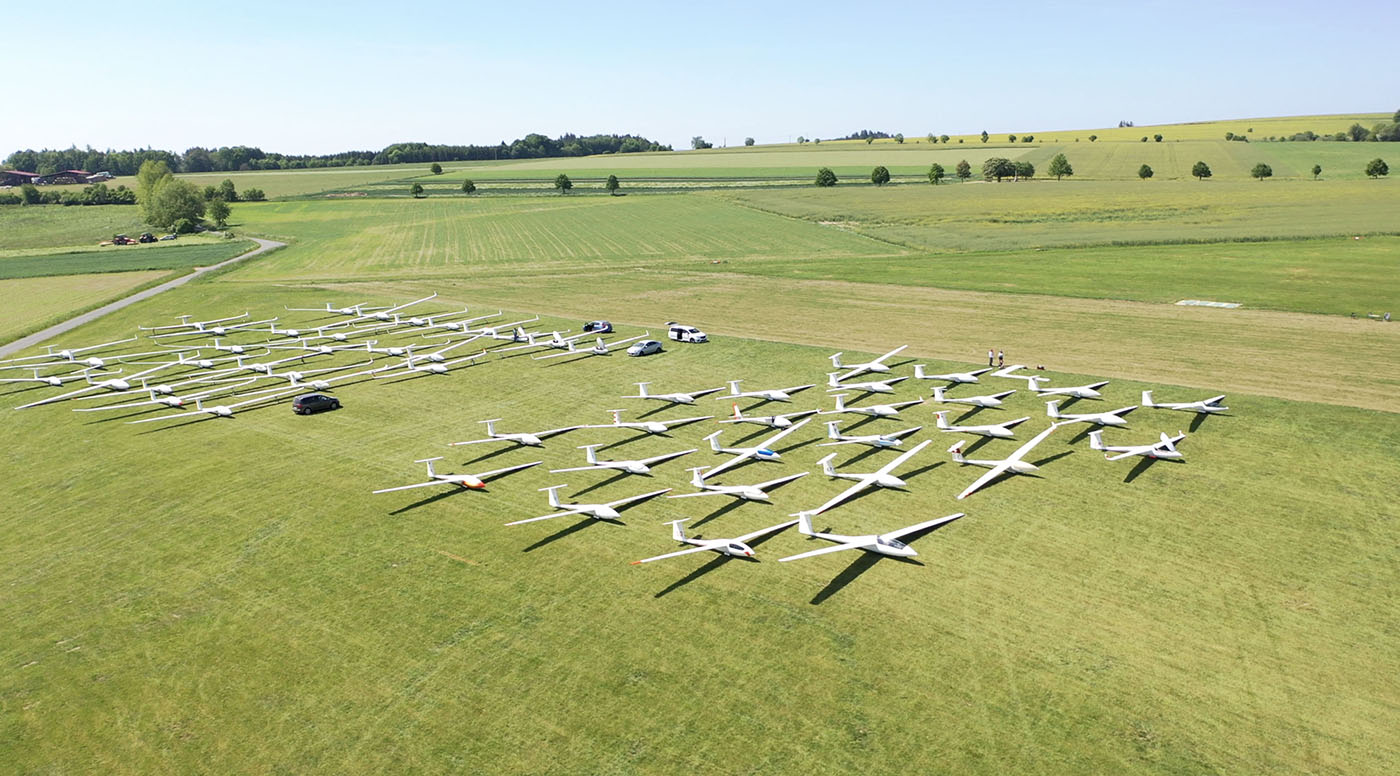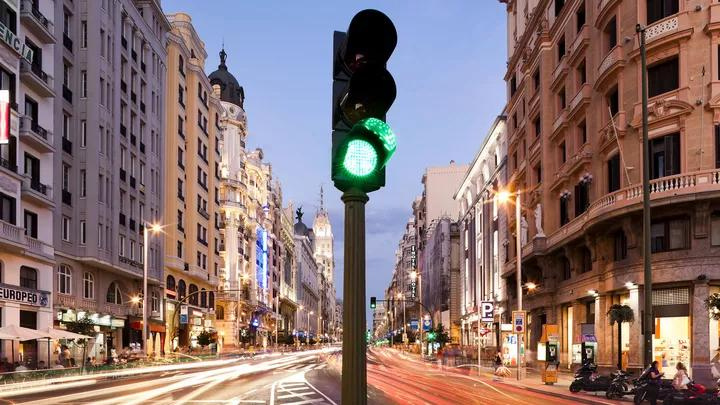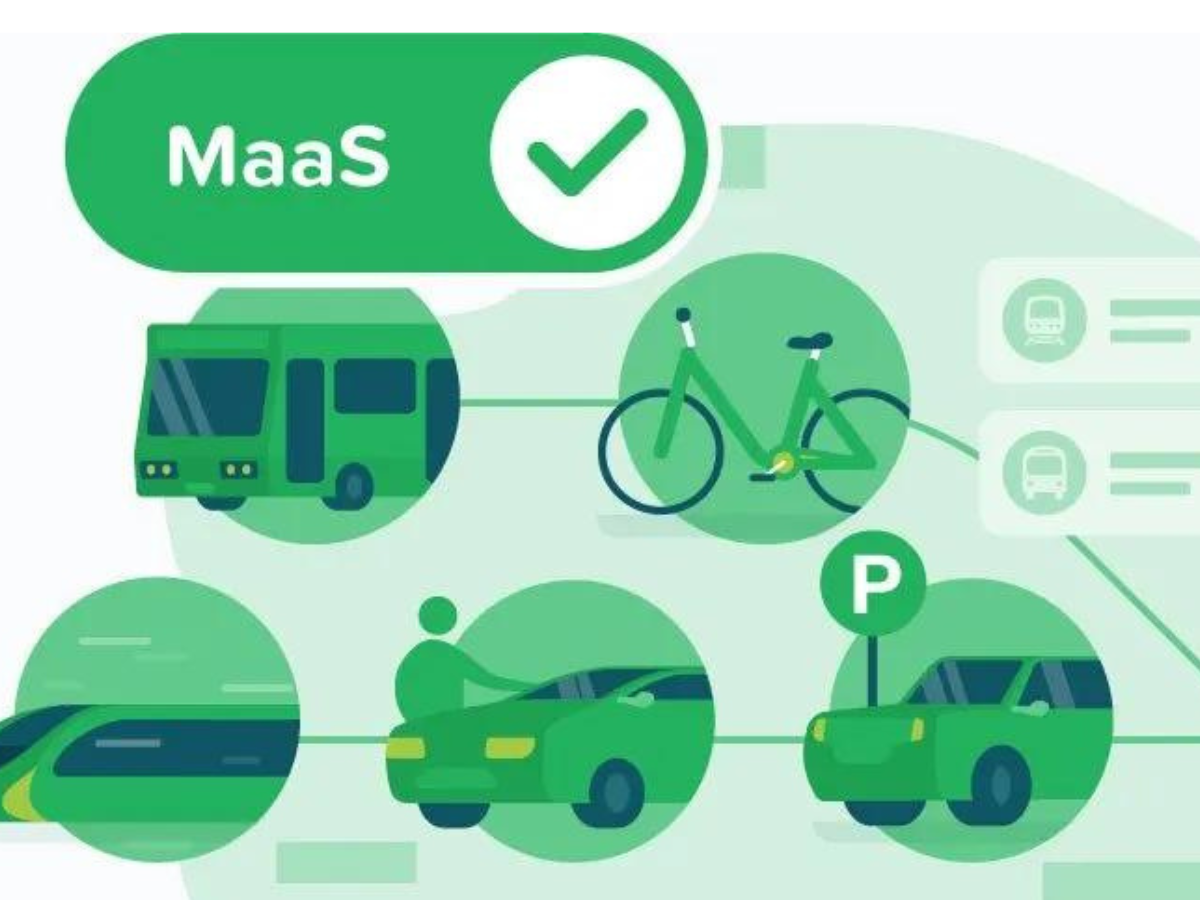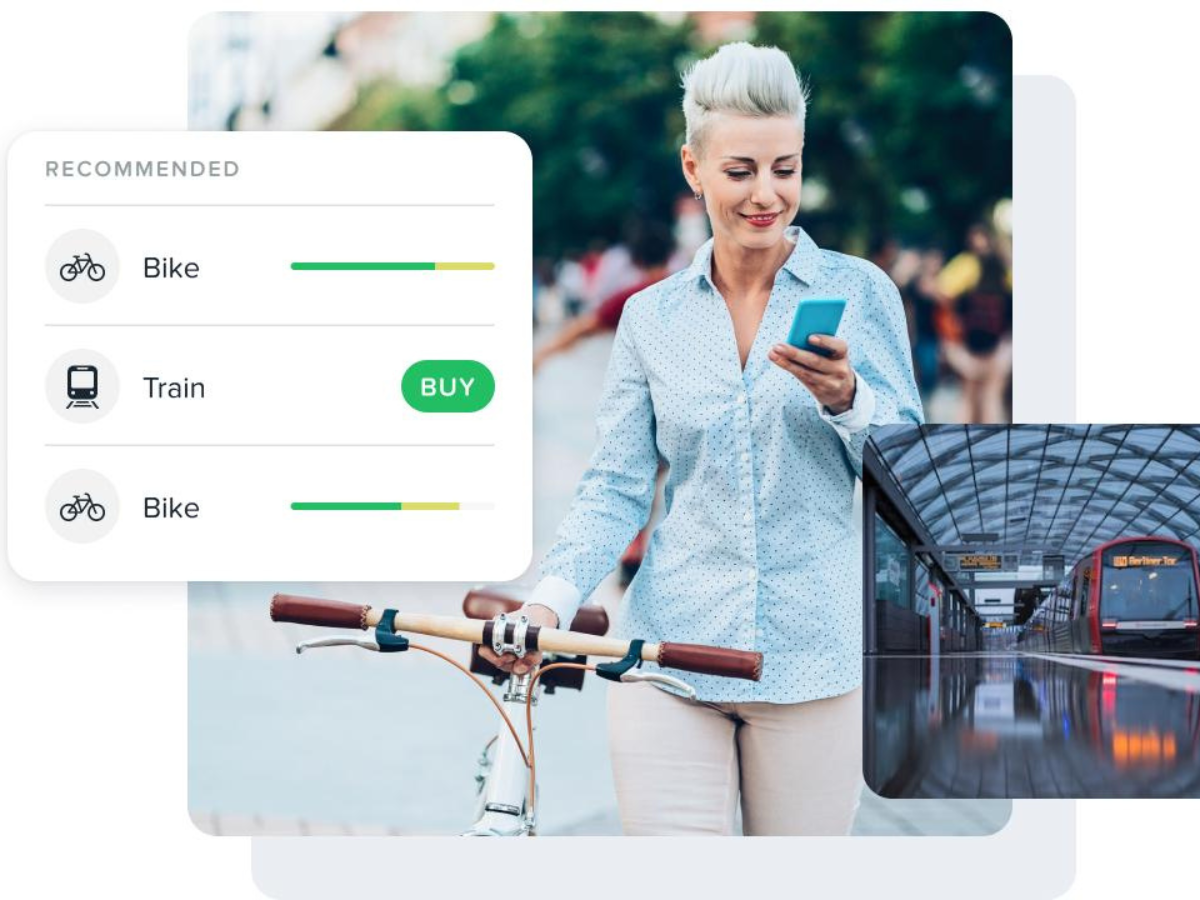A new consortium has launched in the Netherlands to focus on the better governance of public space in response to challenges with mobility and spatial planning.
Indeed, Dutch cities and regions are currently aiming to deliver cleaner, safer and more inclusive mobility options, but are experiencing increased pressure on available space.
To combat this issue, the municipalities of Amsterdam, Almere and Groningen Bereikbaar are collaborating with private parties such as Vianova to form the DRO: Digital Governance of Public Space consortium.
This consortium is part of the Dutch Metropolitan Innovations (DMI) ecosystem and has a budget of over 23 million EUR.
Over the next five years, it will work to develop digital tools to help better control the use of public space.
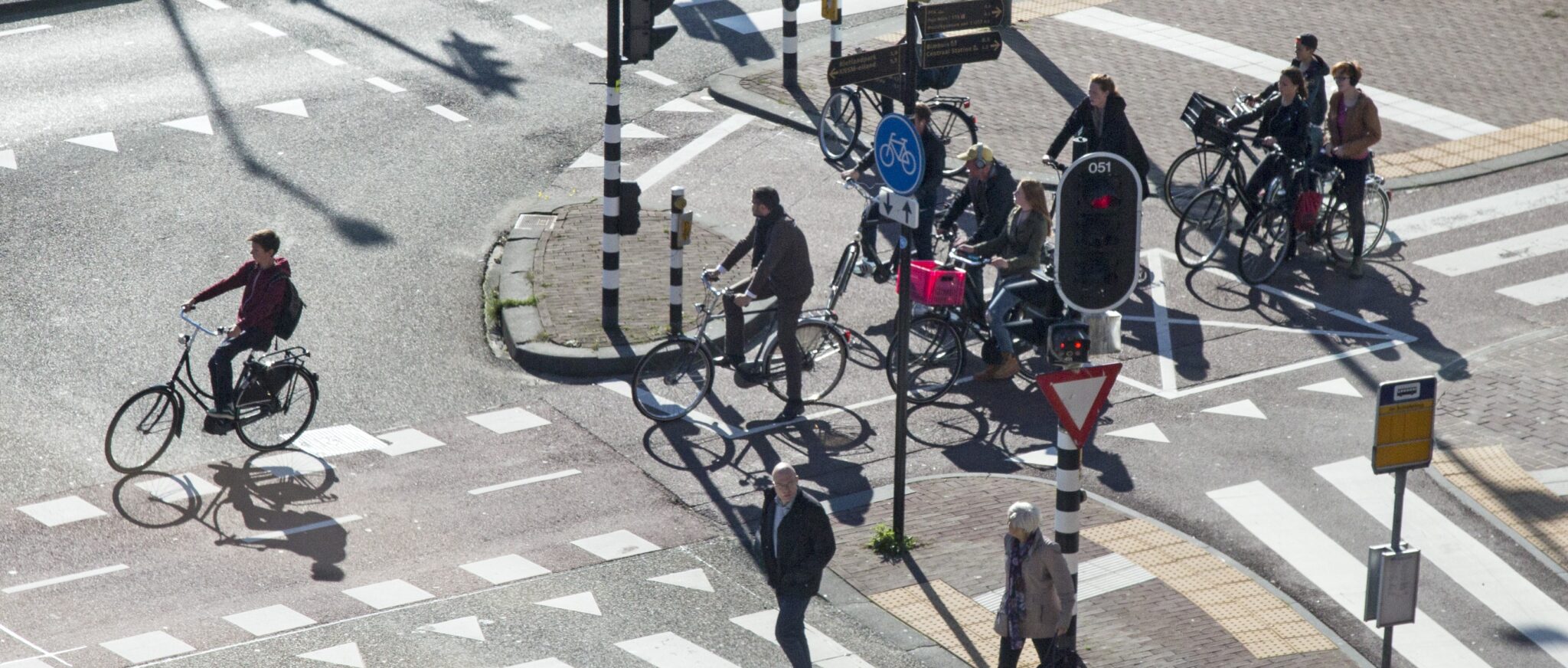
Currently, traditional tools such as infrastructure modifications, conventional traffic lights and traffic controllers do not seem adequate to respond to the dynamic direction of the mobility industries.
Specifically, Amsterdam is looking to reduce pressure on public space, increase safety and promote the use of environmentally friendly and accessible transportation, while its population is set to grow to more than a million by 2030.
Meanwhile, Almere struggles with housing, as well as growing mobility needs and increasing mobility poverty, and Groningen experiences daily traffic congestion on access roads from Drenthe, Friesland and Germany.
The consortium thus believes that additional digital tools are needed to keep cities and regions accessible and livable.
DRO-DMI will develop and test digital, data-based solutions to better direct the use of public space.
For example, this could include controlling unused parking capacity and allocating this space to other forms of mobility.
In addition, the consortium will focus on spreading and avoiding daily traffic congestion by improving communication with travellers. This would enable the users of public space to make flexible choices and contribute to more efficient traffic.



